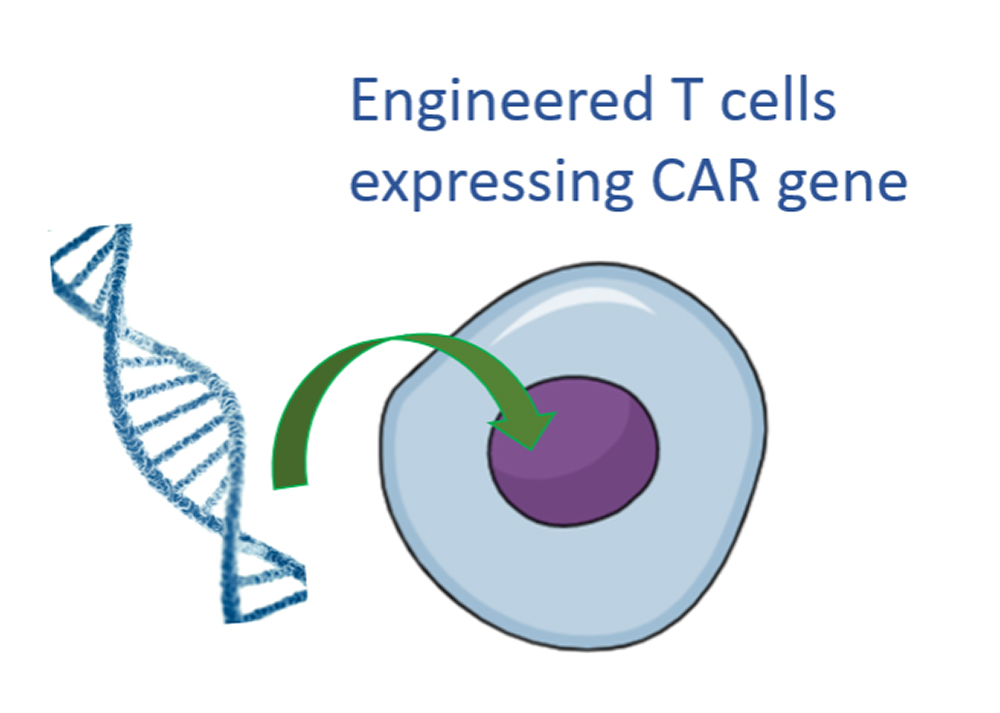
1 June 2021
A 22-year-old leukemia young patient in Hong Kong has recently received CAR-T cell immunotherapy with excellent response, where medical report indicates that cancer cells are no longer being found inside his bone marrow. Since the diagnosis of acute lymphoblastic leukemia (ALL) at age 19, the patient has received multiple chemotherapy and other therapies but without durable response. Thanks to the advances in cancer research and the development of new personalized treatment strategies, inspiring stories like this young man and many other cancer survivors could be shared.
Traditionally, patients receive chemotherapy to treat blood cancers such as ALL. It is well-known that chemotherapeutic agents target both the healthy and cancer cells. T cells are part of the immune system, and normally cancer cells can cleverly avoid killing by T cells. In CAR-T cell therapy, T cells are genetically-engineered to express CAR, resulting in the ability for T cells to recognize tumor cells. Patient’s immune system can then be activated to destroy cancer cells. CAR-T cell therapy is a type of personalized medicine, which includes targeted therapy, cancer vaccine and immunotherapy. Successful personalized medicine comes from studies of gene mutations and regulation in different types of cancer, identification of specific features in cancer cells for targeting the right patients, and state-of-art technology platforms for discovering biomarkers and novel treatment modalities, as well as monitoring drug resistance. With the support from the Tung Foundation, several teams in the Centre are tackling different fronts in precision medicine. Prof. Xin Wang’s group develops bioinformatics and uses artificial intelligence for comprehensive cancer subtyping and biomarker development. Prof. Mengsu (Michael) Yang and Prof. Gigi Lo develop microfluidic technology and nanomedicine platforms to screen anti-cancer drugs, while Prof. Kwan T. Chow aims at designing effective cancer vaccines by leveraging the immune system to fight cancer. Prof. Jian Yan and Prof. Liang Zhang identify critical genes and the mechanisms of metastasis to prevent cancer cells from moving to multiple vital organs, and Prof. Rebecca Chin discovers ways to combat drug resistance. The research teams have multiple on-going collaborations with the common goal to discover patient-specific treatments. CAR-T cell therapy has become a hopeful treatment for some blood cancers including ALL. It is hoped that with highly collaborative studies, we are on the journey for designing successful individualized therapies for patients with different types of cancers.